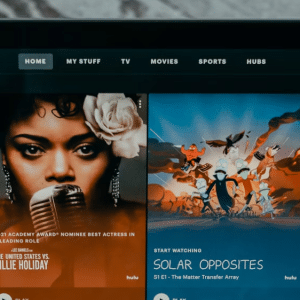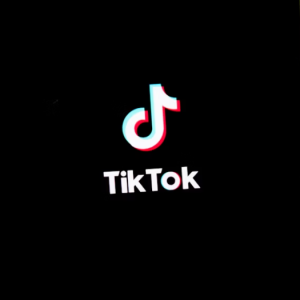You’ve got a big idea and you’re ready to put it into action. You and your co-founders have meticulously planned your marketing, financial, and management strategies.
You’ve got backers and funding and you’re ready to roll. Now, it’s time to add employees to your team. Hiring for a startup or small business can be a challenge.
The work style is usually different from what you’d see at a large organization or corporation, and you generally need people who demonstrate innovative thinking and creative problem-solving. After all, you’re changing the game, and your team needs to be able to change with you. For all these reasons, recruiting, interviewing, and hiring team members for your enterprise is quite different from doing so for a regular business.
Here are some things to keep in mind:
Developing the Role
One common pitfall of new roles, especially for startups and small businesses, is the kitchen-sink mentality. When you can only hire one or two people who will need to manage multiple, potentially disparate responsibilities, it can be tempting to throw everything into the mix. Why not hire someone who can do your copywriting, design, project management, office interior design…?
Forcing someone to constantly wear multiple hats can lead to employee dissatisfaction, low productivity, and burnout. Plus, it’s rare that you’d be able to compensate someone fairly for taking on so much. Focus on 3-5 key responsibilities that you will assign to this person.
Remember, you can always hire freelancers to pick up other tasks as needed.
Writing the Job Description
It’s usually painfully obvious when a job listing is for a startup or small business: It tends to express the kitchen-sink mentality described above, while being deliberately vague so that the recruiter can leave the door open to change the position down the line. Be focused and detailed in your job description.
Imagine it as an introduction to your company. You want to sell your startup to great candidates and make it specific to the talents you seek. If it’s not tailored to the person you have in mind, it will attract desperate, unqualified people, which adds to your workload.
Interviewing Candidates
The old interview format, in which you quiz the candidate with standard questions, is dying in favor of an immersive, organic approach. To put this new interview style into action, have a conversation with the candidate while taking them on a tour of your building.
For later-stage candidates, you might even consider sharing a meal with them. This casual approach helps the candidate be more relaxed, and therefore honest. Throughout the interview, have the candidate talk through real-world scenarios and tell you their story. They’ll be forced to share from the heart rather than regurgitating rehearsed talking points.
Finally, to measure their problem-solving skills or innovative thinking, consider having them do a puzzle or play a game with you.
Hiring the Best One for the Job
When hiring for a startup or small business, you need someone who’s going to be loyal, creative, and flexible. As you probably know, your team plays a very hands-on role, and typically all hands have to be on deck. Having someone who’s a team player is crucial.
That word is tossed around a lot: What does it mean? A team player isn’t just someone who does their share of the work. Look for someone who’s interested in sharing notes with other people and bouncing ideas off them. Your ideal candidate is someone who’s good at managing their own work yet can also collaborate with coworkers in real time. Above all else, they should demonstrate respect and appreciation for other people.
Wrapping Up
Beginning with a job description that affirms these values, you can evaluate candidates throughout the recruiting process. Let the process be organic so that you can gain a strong sense of who the candidate is, not only as a worker, but also as a person. A natural, conversation-driven interview process filled with opportunities to socialize and share their story is a winning combination. Once you’ve identified your top candidate, it’s time to get them on board! Assuming that you’ve talked about salary and benefits in the interview, make them an offer that takes their experience and value into consideration. Ensure that you’re affirming your company story and culture; in fact, that should be a key selling point. Your best candidates likely have multiple offers, so make yours count!








